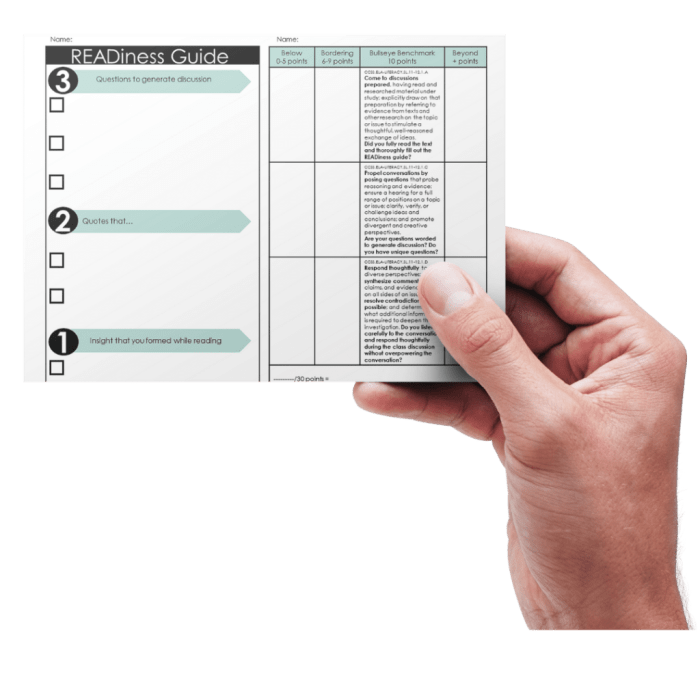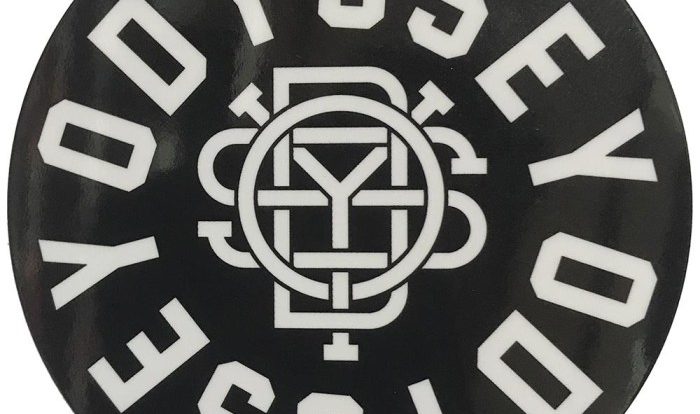Born a crime socratic seminar questions – Embark on a thought-provoking Socratic seminar with Born a Crime, Trevor Noah’s captivating memoir. This seminar invites you to delve into themes of identity, race, and belonging, exploring their complexities and nuances through Noah’s unique experiences in South Africa.
Throughout the seminar, we will analyze the profound impact of race and racism on Noah’s life and the lives of other South Africans. We will examine the role of humor as a tool for challenging and critiquing societal injustices.
Identity and Belonging
Trevor Noah’s experiences in South Africa profoundly shaped his identity and sense of belonging. Growing up in a society rigidly segregated by race, Noah navigated complex social and cultural landscapes that challenged his understanding of himself and his place in the world.
Noah’s identity evolved throughout his life, particularly in relation to his race and nationality. Initially, he identified primarily as “colored,” a term used to categorize people of mixed racial heritage in South Africa. However, as he grew older, he began to embrace his Xhosa heritage and identify more strongly with his African roots.
Humor played a pivotal role in Noah’s exploration of identity and belonging. Through his comedic anecdotes and observations, he deftly exposed the absurdities and contradictions of apartheid society, while also finding moments of connection and humanity amidst the divisions.
Race and Racism

Born a Crime vividly depicts the pervasive racism that characterized South Africa during Noah’s childhood. From the legalized segregation of apartheid to the casual racism encountered in everyday life, Noah experienced firsthand the dehumanizing effects of racial prejudice.
Racism impacted Noah’s life in countless ways. He faced discrimination in housing, education, and social interactions. His family lived in constant fear of police raids and harassment. The book highlights the devastating psychological and emotional toll that racism takes on individuals and communities.
Noah’s use of humor in Born a Crime challenges and critiques racism. Through satire and irony, he exposes the absurdity and hypocrisy of racist beliefs and practices, while also highlighting the resilience and humanity of those who have endured racial oppression.
Family and Relationships: Born A Crime Socratic Seminar Questions
Noah’s family played a crucial role in shaping his personality and worldview. His mother, Patricia, was a strong and determined woman who raised him single-handedly amidst poverty and adversity. Their complex relationship, marked by both love and conflict, is a central theme throughout the book.
Noah’s relationships with his siblings, cousins, and friends also shaped his understanding of family and community. These relationships provided him with support and resilience in the face of adversity, while also exposing him to different perspectives and experiences.
Family in Born a Crime is depicted as a source of both strength and vulnerability. It is a place where love and support can flourish, but also where conflict and dysfunction can arise. Noah’s experiences highlight the importance of family in shaping our identities and life trajectories.
Social and Political Context
Born a Crime is set against the backdrop of South Africa’s apartheid regime, a system of legalized racial segregation and discrimination. Noah’s experiences provide a firsthand account of the social and political realities of apartheid, including the violence, oppression, and injustice it inflicted upon the majority black population.
The book highlights the role of the anti-apartheid movement in challenging the regime and working towards a more just and equitable society. Noah’s family was actively involved in the struggle against apartheid, and his own experiences as a child and young adult were shaped by the political turmoil of the time.
Noah’s use of humor in Born a Crime provides a unique lens through which to examine the social and political context of apartheid. His comedic anecdotes and observations expose the absurdities and contradictions of the regime, while also highlighting the resilience and determination of those who fought against it.
Language and Culture
Language and culture play a vital role in Noah’s story. As a multilingual individual, Noah navigated different cultural and linguistic worlds, from the Xhosa-speaking community of his childhood to the English-speaking world of his adulthood.
Noah uses language in Born a Crime to connect with different audiences and to convey the complexities of his experiences. He draws on multiple languages, dialects, and accents to create a rich and vibrant narrative that reflects the diverse cultural landscape of South Africa.
Noah’s experiences have shaped his perspective on the importance of language and culture. He recognizes that language is not merely a means of communication but also a powerful tool for expressing identity, preserving heritage, and bridging cultural divides.
FAQ Corner
What is the significance of Trevor Noah’s experiences in South Africa in shaping his identity?
Noah’s experiences in South Africa, particularly during apartheid, profoundly influenced his identity. They shaped his understanding of race, privilege, and belonging, and instilled in him a deep sense of empathy and a commitment to social justice.
How does Noah use humor to challenge and critique racism?
Noah’s use of humor is a powerful tool for challenging and critiquing racism. By presenting uncomfortable truths in a humorous light, he disarms resistance and encourages audiences to confront their own biases and prejudices.


